Spotlight of the Month – @drhelenallergy
Dr Helen Evans is a GP with a specialist interest in allergy. Helen has been a qualified doctor now for 18 years. She first started out as a surgeon working in Ear, Nose and Throat Surgery. Helen offers an incredible course for those who are navigating their way through allergies. I am honoured to have her as a spotlight this month!
Where did your interest in allergies to come from and why did you want to specialise in allergies?
I started out as being a surgeon and then I then decided to become a GP to ensure I could have a quality of life which meant that I could be flexible around having children. When my son Ethan was born and had allergies, I decided to do another degree in allergy and found my true passion in life. This is where my new desire to specialise in allergies came from.
Do you or any of you family have allergies themselves?
Yes, my eldest child Ethan who is now 14 and was diagnosed with a Non IgE Mediated Cow’s Milk Protein Allergy when he was little. Ethan’s dad was not convinced he had an allergy and so at weaning I decide to try him directly on Dairylea. Within minutes he developed widespread hives, swelling and vomiting and it was probably one of the most terrifying moments of my life. Yes, I was a doctor, but fully unprepared to see my son react like this and I think one of the hardest challenges of allergies is the way they come so out of the blue on an otherwise seemingly normal day.
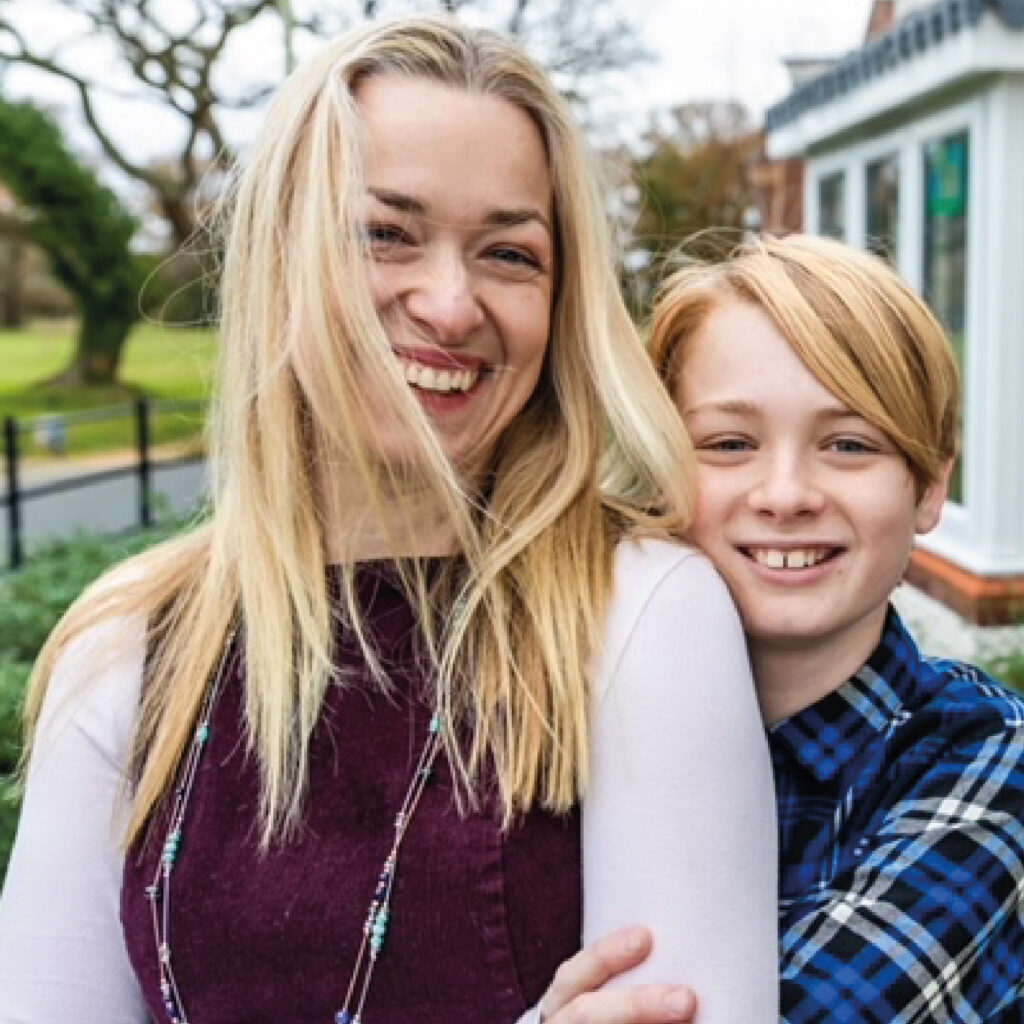
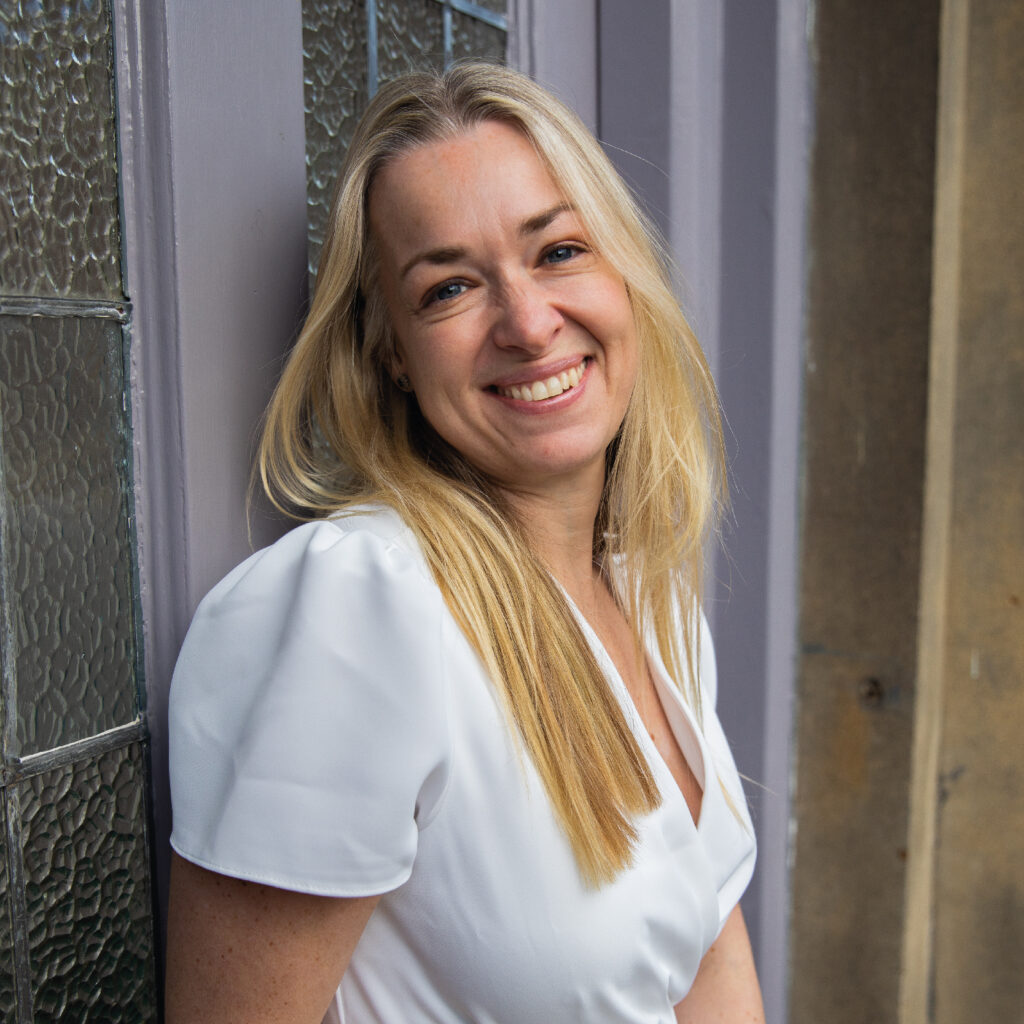
Tell us a little bit about the Allergy Help Course that you provide for people?
The thing that I am most proud of is developing our first allergy membership. This is priced at £34.99 per month and for this price, people get a 15-minute video consultation with me so that we can explore the underlying issues and see if I can give some immediate advice. Within the group we have a Q&A session weekly by all of the members who are involved in our main allergy course. We arrange virtual meet ups and any questions posted are answered daily. We truly have a full allergy clinic at your beck and call and in addition to best we arrange extra expert speakers once a month covering topics such as sleep difficulties, fussy eating, adult gut disorders and immunotherapy. Anyone joining our allergy membership, gets immediate access to our backlog of expert speakers and previous Q&A’s. I know nothing like this exists in this price bracket to support families. There is no tie in and people can come and go as they need. If you would like to sign up please follow this link – Allergy Course – Dr Helen Allergy
What advice would you give to a parent that is facing constant anxiety surrounding their children’s allergies?
It is perfectly normal to feel overwhelmed when your child has allergies or when you yourself suffer with them. In fact, some of the most difficult cases I’ve had recently have been adults struggling with allergies that they’ve had for years, yet for some reason, their anxieties become heightened with age. This can lead to adult over restricting their diet and changing their whole lifestyle to hide away. The most important thing to do is recognise that you are struggling and look for the psychological support you need to see yourself through this. No one is going to be able to tell you that you or your child is not in danger if you have food allergies, but there are sensible precautions that can be put in place to minimise these risks each day, to allow you to live a good life in much the same way as we would take precautions when we get in a car, ride a bike or cross the road. In fact, these activities are much more risky in life than food allergies and sometimes we need someone else to help give us that perspective and the skills we need to minimise those risks in order to move forward.
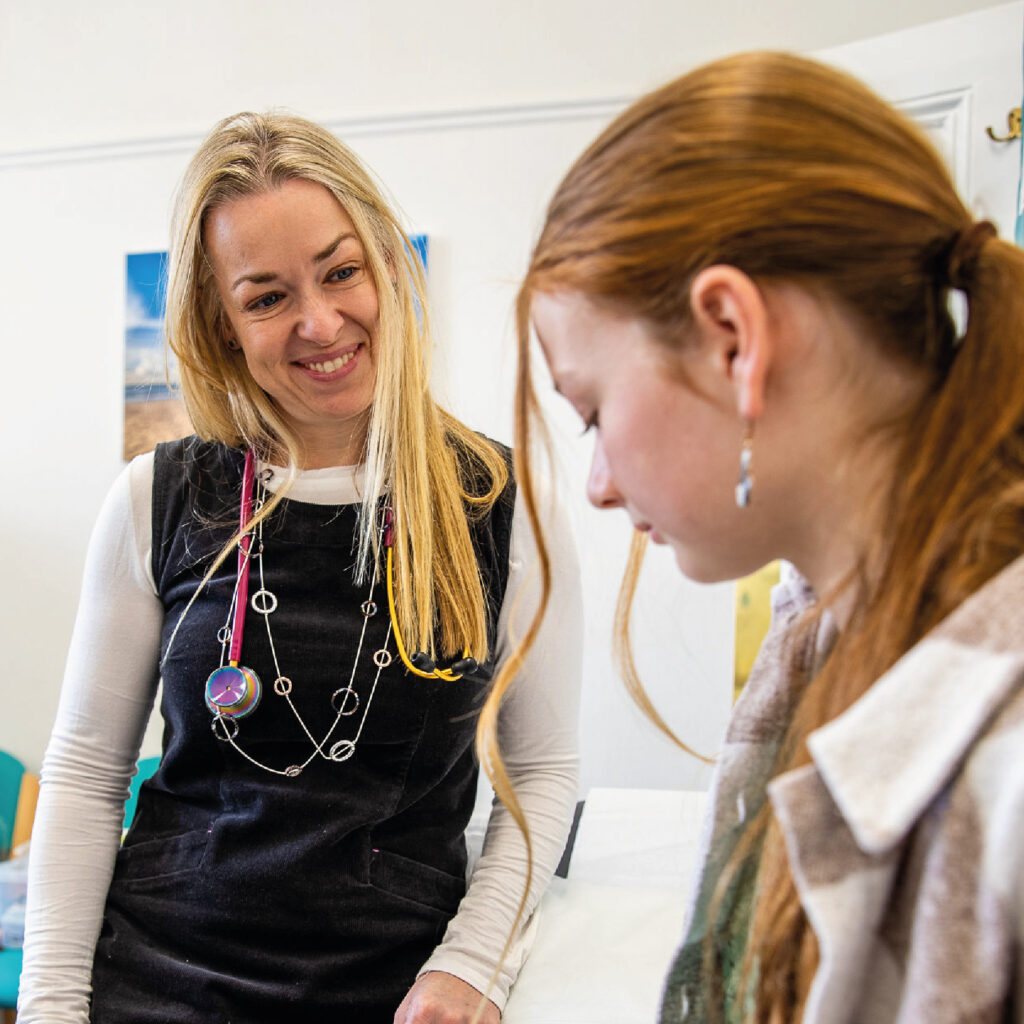
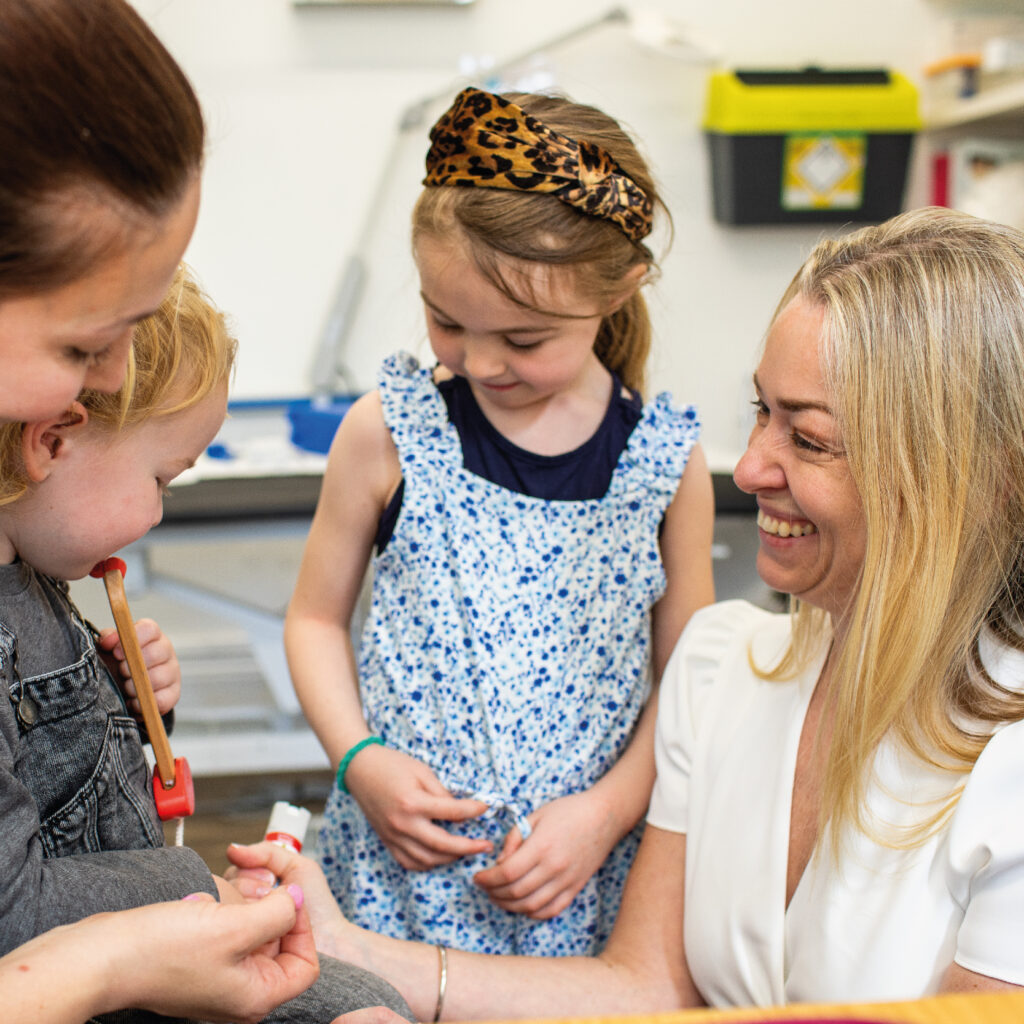
What do you think the hardest thing for someone living with allergies is?
One of the hardest things people with allergies face is the complete misunderstanding of the condition from both healthcare and the wider population. Whilst people are often well-meaning, there is a huge lack of understanding and seemingly small things can be upsetting. Labelling allergies as intolerances, being dismissive of the symptoms that arise, and saying unhelpful things like ‘surely little bit won’t really hurt’, is what makes daily life with allergies hard. So much more needs to be done to explain that whilst allergies may have (thankfully) a low death rate associated with them, the impact on people’s quality of life is recognised to be worse than many other chronic illnesses. If people truly understood how it felt to live within an allergy family, I think we would see a change in so many sectors of society.
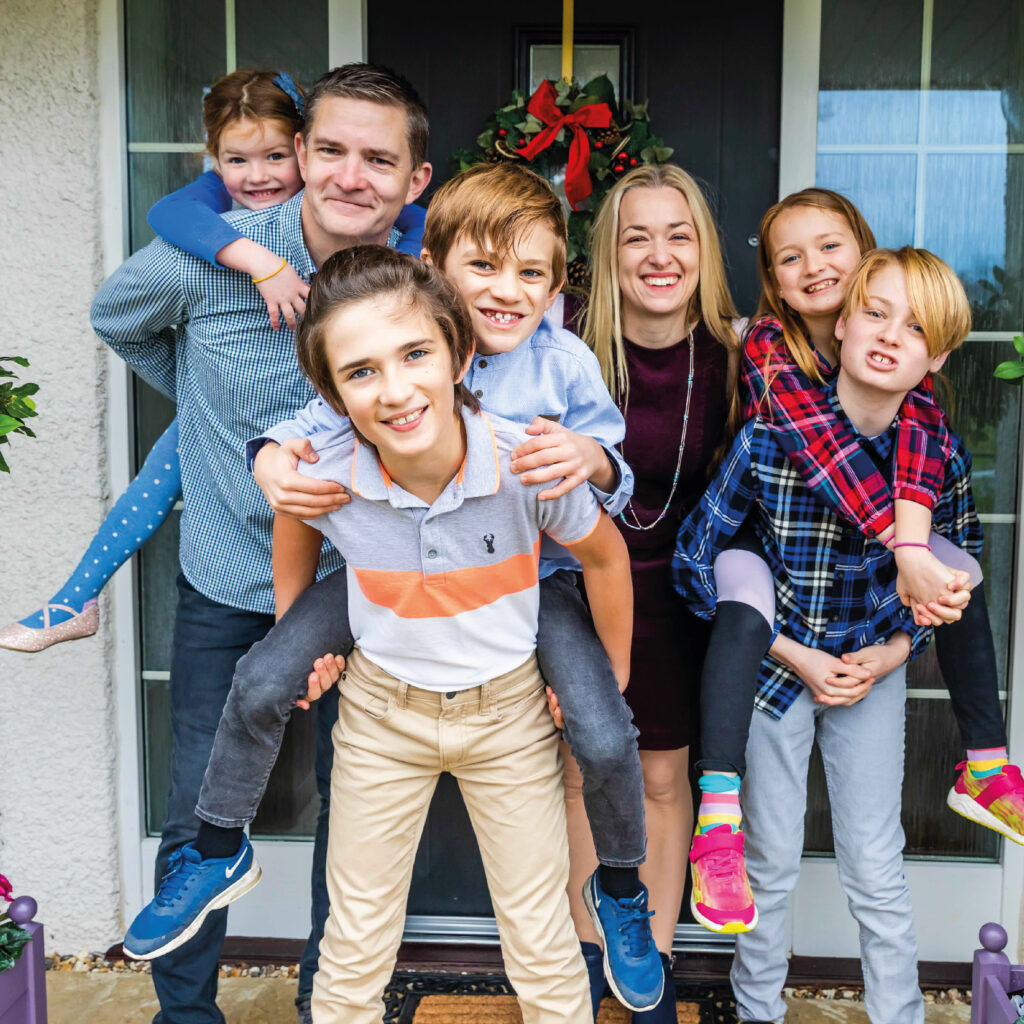
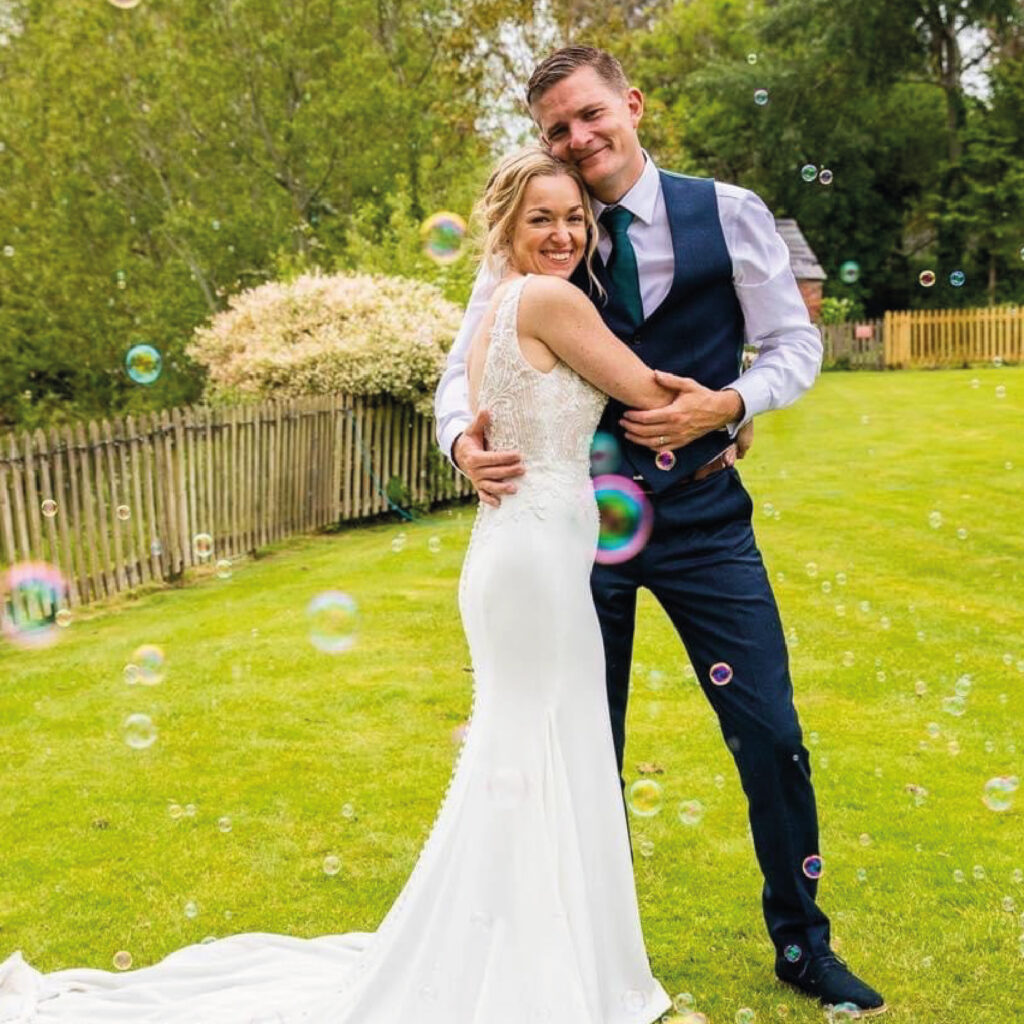
Would you mind sharing some of your story about recently being diagnosed with breast cancer and what you have learnt along the way?
I’ve recently been reminded of my own ethos to learn how to live well with chronic illness, to accept the path we are given in life and to do our darndest to thrive in the face of adversity. At the start of the summer holidays after finding a breast lump, I was diagnosed with aggressive triple negative breast cancer. Having always been someone who has religiously checked my breast daily (probably as a consequence of undertaking a lot of palliative care work through my role as a GP) I knew the moment the lump arrived. Therefore, it was only 17 mm in size when I was diagnosed, and it seems like there has been no spread. I started chemotherapy in the summer holidays while everyone else was enjoying summer holidays with their children. Thankfully for us, treatment is going well, and after only 3 sessions of weekly chemotherapy, we have already seen that the tumour has shrunk and is barely palpable. This week I’ve also received the extremely welcome news that I have no genetic abnormality which has caused me to have developed breast cancer at the age of 42. The implications of this are huge, not only because I will no longer need major surgery to reduce my risk of cancer recurring, but of course, because it means that there is no risk onwards for my children, nieces, and nephew. It has led me to consider what is going on in our environment that we are developing so many more allergies and cancer and I strongly believe that our diet and gut health has a lot to do with this.
Despite undergoing chemotherapy, I have not stopped in my campaign to improve allergy awareness, to continue to support my allergy patients and families online. I am also firmly set on developing our allergy clinic and attending clinic sessions three or four days a week depending on what my body allows. Of course there is a financial reason for doing this as I am self-employed (and my wonderful husband runs our business with me), but the main driver I have for getting up and going to work on days I perhaps don’t feel so well, is because being a doctor is so very much an intricate part of my soul, and without this in my life I genuinely feel that, as clichéd as it may sound, I would not be me. Therefore, it is my full intention that no matter what life may throw at us over the coming months or years, I will continue to be a passionate advocate to change the lives of those struggling with allergies.
I encourage every woman and to be honest man, to get used to checking their breasts daily when they shower or bathe. If there are ever the slightest changes that you notice within your body, GPs are always highly receptive to being consulted and we have good urgent pathways within the NHS that mean you should be seen promptly. Being given a diagnosis of cancer of course makes you feel like you are going to die. Being totally honest, it took a long time for me to work past this, especially given that several months prior, I’d written a letter to my children in case anything ever happened to me. Initially I felt this must be sign that I was going to die. I’ve now however moved past this mindset and focus on the things I can control, accepting that every day may be different but to continue to look for all the good things that shine through and to take joy and pleasure in each small moment. I know this can sometimes seem hard, but if you do not try, then it’s so easy to pull yourself down into a deep pit of despair.





